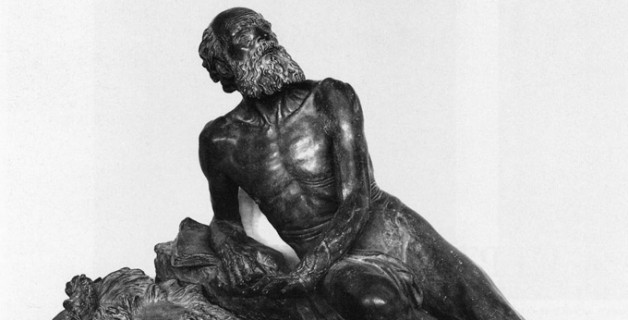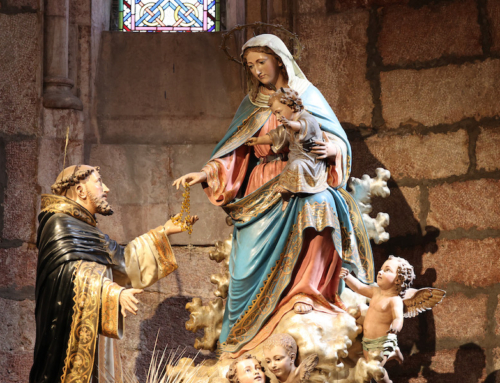A couple of weekends ago I happened to be walking through the National Shrine of the Immaculate Conception across the street from the Dominican House of Studies. When I entered the basilica I was immediately struck by what I saw. In all of its side chapels, both upstairs and downstairs, as well as in the Crypt Church, were priests hearing confessions. They were literally all over the basilica, and, even with so many priests, people were forced to wait in line to have their confession heard. Talk about being edified.
Seeing so many people having their confessions heard made me think about what attracts people to the sacrament. Why would you want to tell a man with whom you have no relationship the things that you’ve done wrong? It’s clearly not a comfortable thing to engage in. Yet, the Catechism of the Catholic Church teaches us that only God can forgive sin (CCC 1441), and that Christ gave this power to his apostles, and thus, their successors. (Mt 18:18).
Why is all of this important? Because God wants us for Himself. He wants us to love Him, to serve Him, and to live for him freely. He is waiting for us to respond to the grace He has bestowed, and to come to our Father for the help we need.
To love God and to become who we truly were created to be, we must turn to Christ. We cannot do it ourselves because we are the ones who have destroyed us. It’s amazing to browse through the “spirituality” section of a bookstore. All you can find are self-help books. How absurd to think that something broken can fix itself, but that is what we assume when we fail to realize our need for true forgiveness.
When we step into a confessional, we enter into an intimate dialogue with the One who loves us most, and we expect something to change. When we come before a priest acting in persona Christi, in the person of Christ, we recognize that this change cannot come from us. The saint is not the one without blame, but the one who acknowledges his or her powerlessness over sin, and turns to God.
This is why I was struck by seeing so many people going to confession in the basilica. It was a manifestation of the mercy of God. In the silence of the church people were crying out to the Creator to be healed. Seeing our sins is a grace, and when we turn to God, we beg Him to help us, and join with the Psalmist in saying, “For God has not spurned or disdained the misery of this poor wretch, did not turn away from me, but heard me when I cried out.” (Ps 22:25)
Image: Jose Piquer Y Duart, Penitent St Jerome







